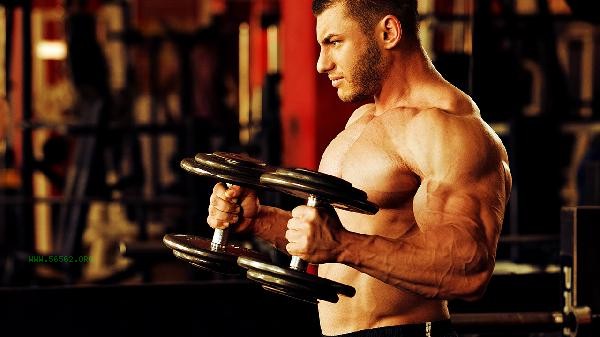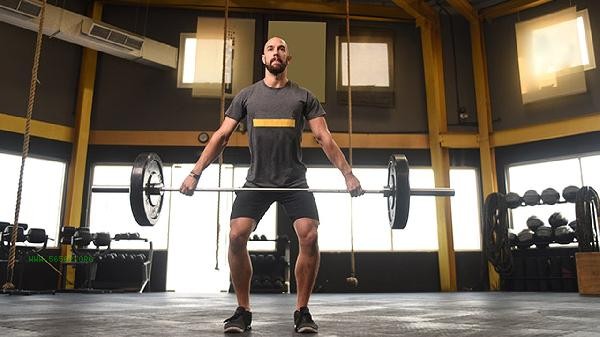Supplementing with high-quality protein and complex carbohydrates in moderation after exercising can help with weight loss. Recommended foods include chicken breast, broccoli, brown rice, bananas, low-fat yogurt, etc.

1. Chicken breast
Chicken breast is a typical high protein and low-fat food, containing about 31 grams of protein per 100 grams and less than 4 grams of fat. Eating after exercise can help repair damaged muscle fibers and promote muscle synthesis metabolism. The branched chain amino acids it contains can reduce muscle breakdown after exercise and avoid a decrease in basal metabolic rate. It is recommended to choose boiling or steaming methods to avoid frying and damaging the nutritional value.
2. broccoli
broccoli is rich in dietary fiber and vitamin C, with only 34 calories per 100 grams of calories. Among them, sulforaphane can promote the activity of fat metabolism enzymes and accelerate the process of fat oxidation after exercise. Dietary fiber can prolong satiety and reduce the desire to eat later. Blanching and cold mixing can maximize the retention of its anti-cancer ingredients, and pairing with a small amount of nuts is more conducive to the absorption of fat soluble vitamins.
III. Brown Rice
Brown rice belongs to low glycemic index composite carbohydrates, containing germ and rice bran layers. Supplementing with an appropriate amount of brown rice after exercise can steadily increase blood sugar levels and replenish muscle glycogen reserves without stimulating severe insulin fluctuations. Its rich B vitamins can help convert fat into energy, and magnesium can alleviate muscle spasms after exercise. It is recommended to control the single intake between 50-80 grams of dry weight.

4. Bananas
Bananas contain naturally absorbable fructose and resistant starch, which can quickly replenish liver glycogen consumed during exercise. Each medium-sized banana contains about 105 calories and 422 milligrams of potassium, which can prevent metabolic slowdown caused by electrolyte imbalance. The tryptophan in it helps to synthesize serotonin and alleviate stress eating caused by increased cortisol levels after exercise.
5. Low fat yogurt
Low fat yogurt provides a high-quality combination of whey protein and casein, with a protein bioavailability of up to 90%. Lactic acid bacteria can improve the balance of gut microbiota and increase the production of short chain fatty acids, which can directly inhibit adipocyte proliferation. Choose sugar free varieties and pair them with low sugar fruits such as blueberries to increase antioxidant intake.

Within 1 hour after exercising, it is the window period for nutritional supplementation. It is recommended to control the total calorie intake between 200-300 calories and mix protein and carbohydrates in a ratio of 1:2. Avoid high-fat and high sugar foods that stimulate fat synthesis, and pay attention to replenishing water to promote the elimination of metabolic waste. Long term maintenance of this dietary pattern, combined with regular exercise, can create a calorie deficit and achieve a steady decrease in body fat percentage. Special groups such as diabetes patients need to adjust the type and timing of carbon and water intake under the guidance of nutritionists.







Comments (0)
Leave a Comment
No comments yet
Be the first to share your thoughts!